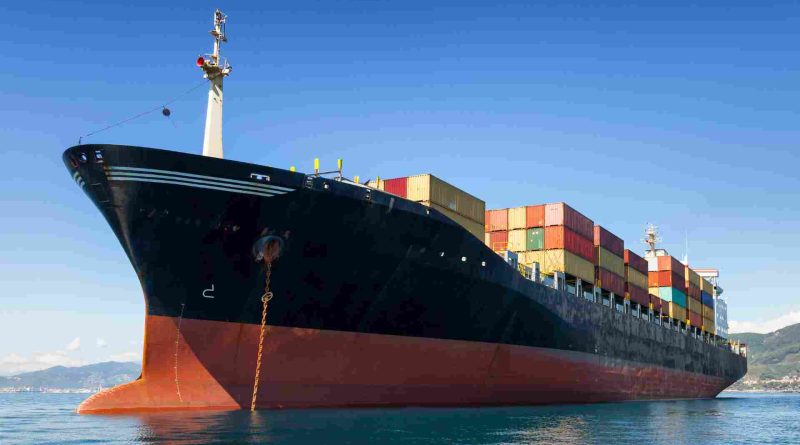Embarking on a sustainable voyage, Maersk commits a hefty $1.4 billion to methanol-fueled ships, steering towards a greener horizon
The behemoth of container shipping, A.P. Moller – Maersk A/S, sets sail on a transformative journey with the procurement of eight groundbreaking vessels, each priced at $175 million, primed to harness the power of methanol, a cleaner alternative to traditional fuel oils. Expected to join the fleet by 2024, these vessels signify a bold step towards environmental stewardship.
Morten Bo Christiansen, the VP and spearhead of decarbonization at Maersk, emphasized their stance against fossil fuels, citing strong support from their clientele. This move is not just a mere investment but a strategic response to the escalating concerns surrounding carbon emissions in the shipping industry, which presently contributes nearly 3% of global CO2 emissions, a figure on the ascent as per the International Maritime Organization.
With the UN’s ambitious target to slash shipping emissions by at least half come 2050, Maersk’s initiative aligns with the broader industry trend towards sustainability. Echoing this sentiment, other players like Euronav NV and Cargill Inc. are also exploring eco-friendly alternatives, signaling a paradigm shift in maritime practices.
In a groundbreaking announcement, Maersk declared that all forthcoming vessels in their fleet will be compatible with carbon-neutral fuels, underscoring their commitment to a sustainable future. This recent investment, a collaboration with Hyundai Heavy Industries Co., not only bolsters their capacity but also underscores the potential market demand for eco-friendly fuels.
However, the transition isn’t without its challenges. Securing sufficient carbon-neutral methanol remains a hurdle, coupled with the added design costs. Despite the financial implications, Maersk remains resolute in its pursuit of environmentally friendly practices, cognizant of the growing demand for zero-emission shipping solutions.
As Johannah Christensen from the Global Maritime Forum asserts, methanol serves as a viable interim solution, albeit alongside the eventual integration of hydrogen and ammonia to achieve complete decarbonization by 2050. This concerted effort, spearheaded by organizations like Maersk and supported by industry coalitions, marks a pivotal moment in the quest for sustainable shipping practices.

